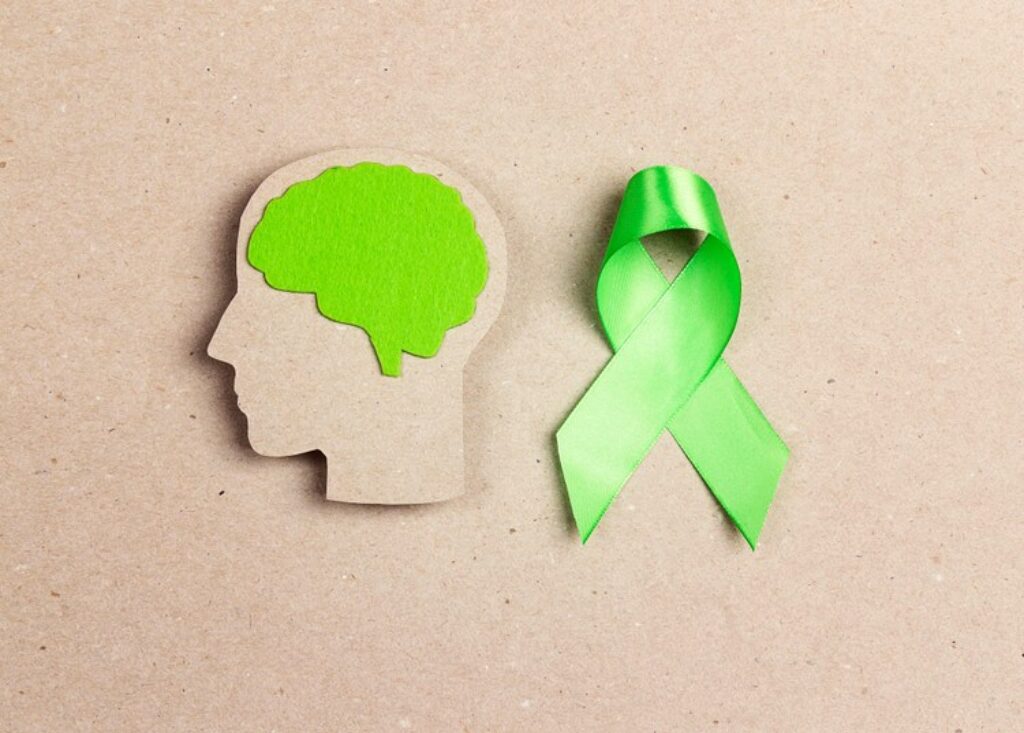
Unveiling Bipolar Disorder: Unraveling Symptoms and Exploring Treatment Options in the United States
Bipolar disorder, a mental health condition with extreme mood swings, affects many Americans. Recognizing symptoms and treatment options is crucial. This article explores the importance of understanding bipolar disorder and available support. Let’s dive in!
Related Topics (Sponsored Ads):

Understanding Bipolar Disorder
Bipolar disorder, a mental health condition characterized by extreme mood swings, affects millions of Americans. It is crucial to recognize the symptoms and treatment options for this condition, as it can significantly impact individuals’ lives in the United States.
Bipolar disorder is a chronic illness that causes dramatic shifts in a person’s mood, energy, and ability to function. According to the National Institute of Mental Health, approximately 2.8% of adults in the United States have experienced bipolar disorder in the past year. This prevalence highlights the importance of understanding and addressing this condition.
There are several types of bipolar disorder, each with its unique characteristics. Bipolar I disorder is characterized by manic episodes, abnormally elevated mood, and energy. These episodes can last for at least a week and may be accompanied by impulsive behavior. On the other hand, bipolar II disorder involves depressive episodes and hypomanic episodes, which are less severe than full-blown mania.
Exploring Symptoms of Bipolar Disorder in the United States
Bipolar disorder, a mental health condition affecting millions of Americans, is characterized by extreme mood swings that can significantly impact individuals’ lives. Understanding the symptoms of bipolar disorder is crucial for those living in the United States, as it can help recognize and address this condition.
One of the key symptoms of bipolar disorder is manic episodes. During these episodes, individuals experience an elevated mood and increased energy levels. They may feel euphoric, have racing thoughts, and engage in impulsive behaviors. For example, someone with bipolar disorder may overspend or engage in risky sexual behaviors. These manic symptoms can greatly disrupt daily life, leading to financial troubles, strained relationships, and even legal issues.
On the other hand, individuals with bipolar disorder also experience depressive episodes. During these periods, they may feel overwhelming sadness, a loss of interest in activities they once enjoyed, and experience fatigue. These depressive symptoms can make it challenging to carry out daily tasks, maintain relationships, and even hold a job.
Recognizing these symptoms is crucial for individuals with bipolar disorder in the United States. Individuals can manage their condition by seeking help and accessing appropriate support and therapies and lead fulfilling lives. It is important to remember that bipolar disorder is a treatment.
Treatment Options for Bipolar Disorder in the United States
Seeking professional help is crucial for individuals with bipolar disorder in the United States. With the right treatment and support, individuals can effectively manage their condition and lead fulfilling lives. This article will explore the importance of seeking professional help and the various treatment options available in the United States.
Professional help is essential for individuals with bipolar disorder as it provides a comprehensive approach to managing the condition. Mental health professionals like psychiatrists and therapists can accurately diagnose bipolar disorder and develop personalized treatment plans.
Medication is a common treatment option for bipolar disorder. Mood stabilizers, such as lithium and valproate, are often prescribed to help regulate mood swings and prevent episodes. Antidepressants may also be prescribed during depressive episodes, but caution is needed to avoid triggering manic episodes.
Therapy is another vital component of bipolar disorder treatment. Cognitive-behavioral therapy (CBT) and psychoeducation can help individuals understand their condition, identify triggers, and develop coping strategies. Family therapy can also be beneficial in improving communication and support systems.
In addition to medication and therapy, lifestyle changes play a significant role in managing bipolar disorder. Regular exercise, a balanced diet, and sufficient sleep can help stabilize mood and improve overall well-being.
Conclusion
In conclusion, bipolar disorder, characterized by extreme mood swings, affects many people in the United States. It necessitates recognition and management due to its substantial impact on individuals’ daily lives and functionality. The condition’s primary symptoms include manic and depressive episodes that lead to significant disruptions. It is essential for those afflicted to seek professional help, as tailored treatments, including medication, therapy, and lifestyle adjustments, can effectively manage this disorder. Despite the challenges posed by bipolar disorder, individuals can lead fulfilling, successful lives with adequate understanding and support.
Related Topics (Sponsored Ads):
Discover More






